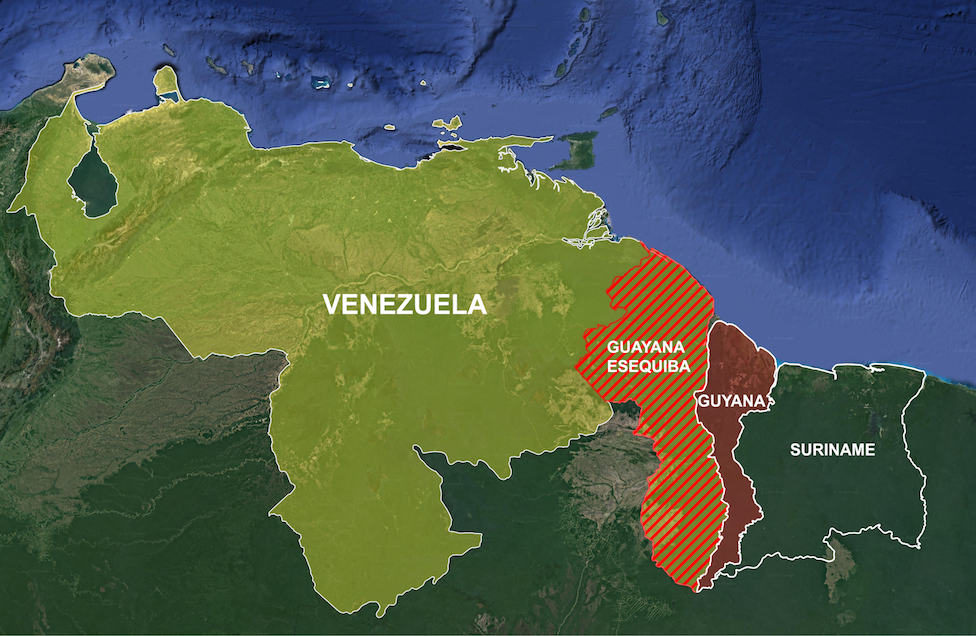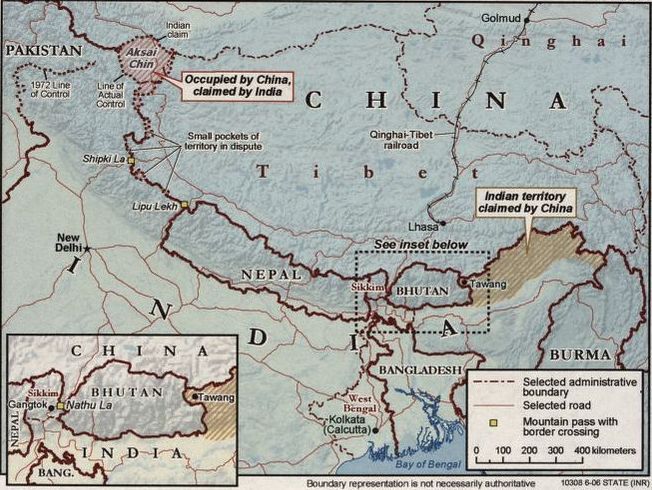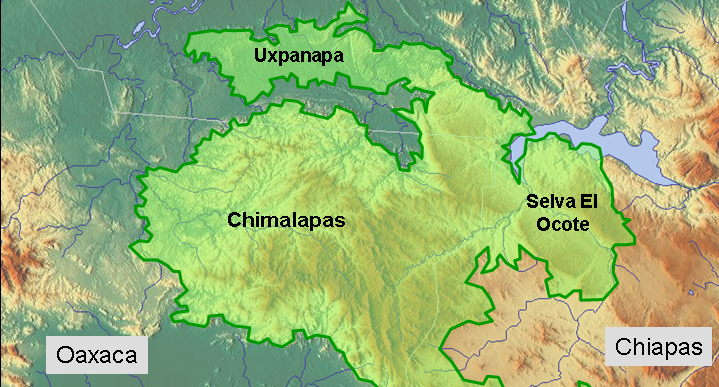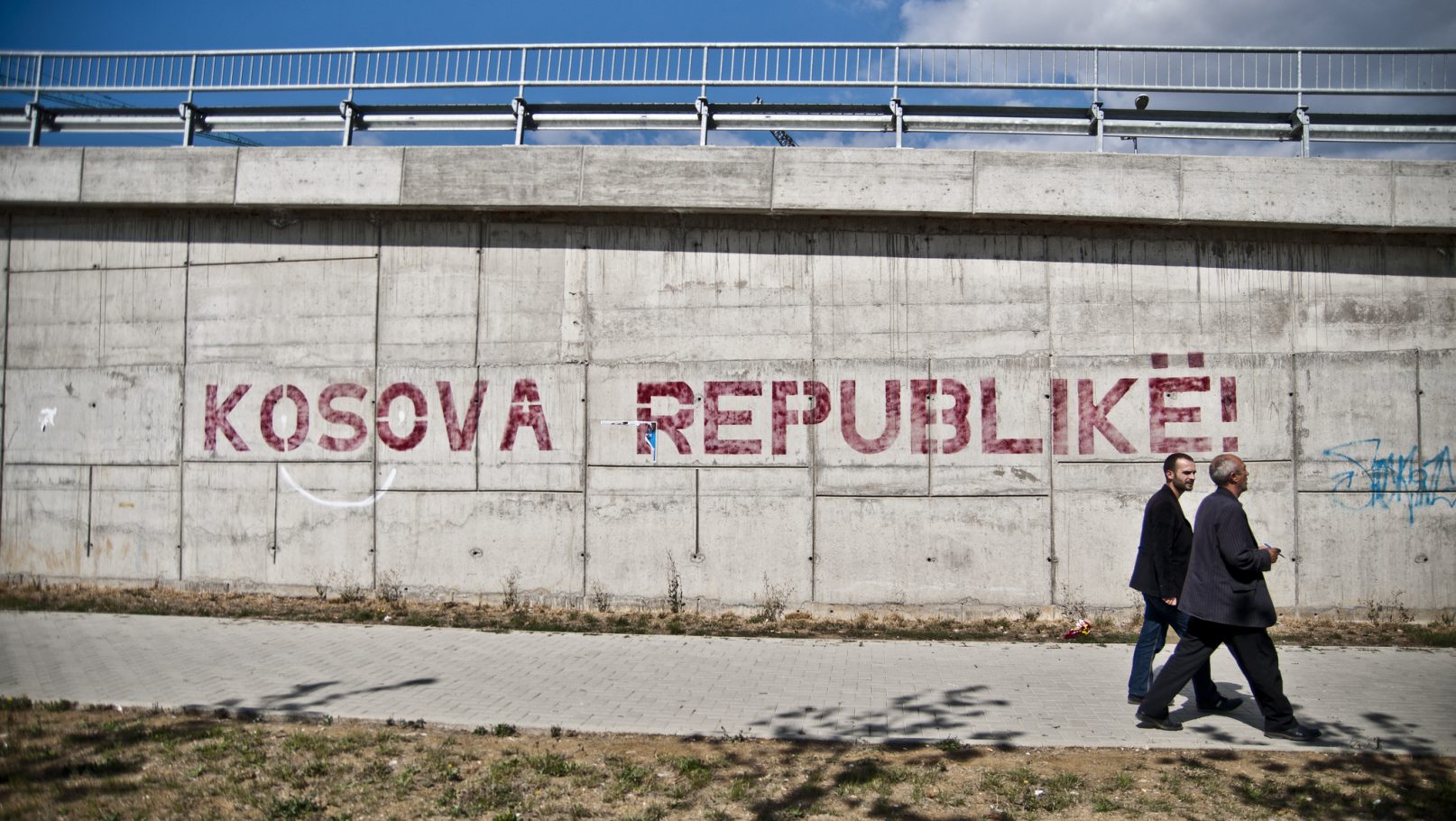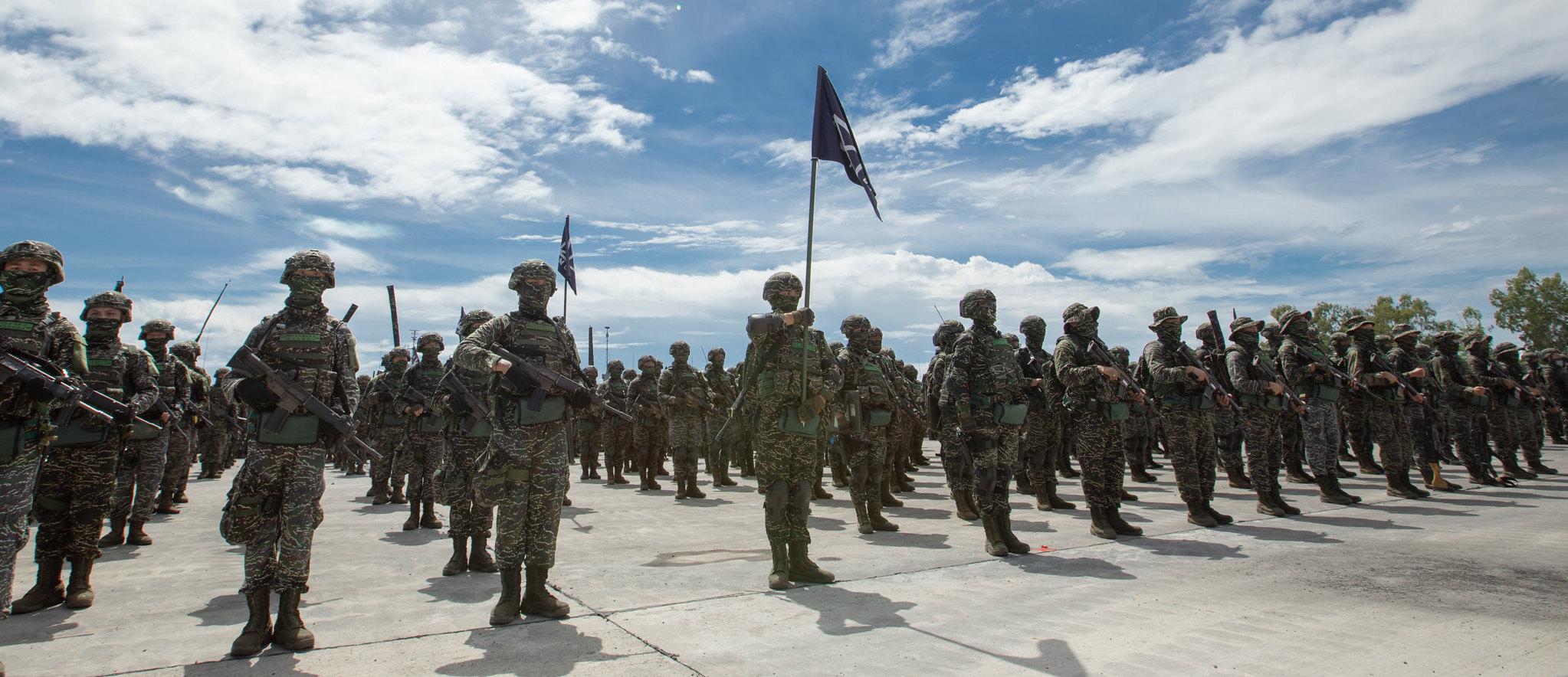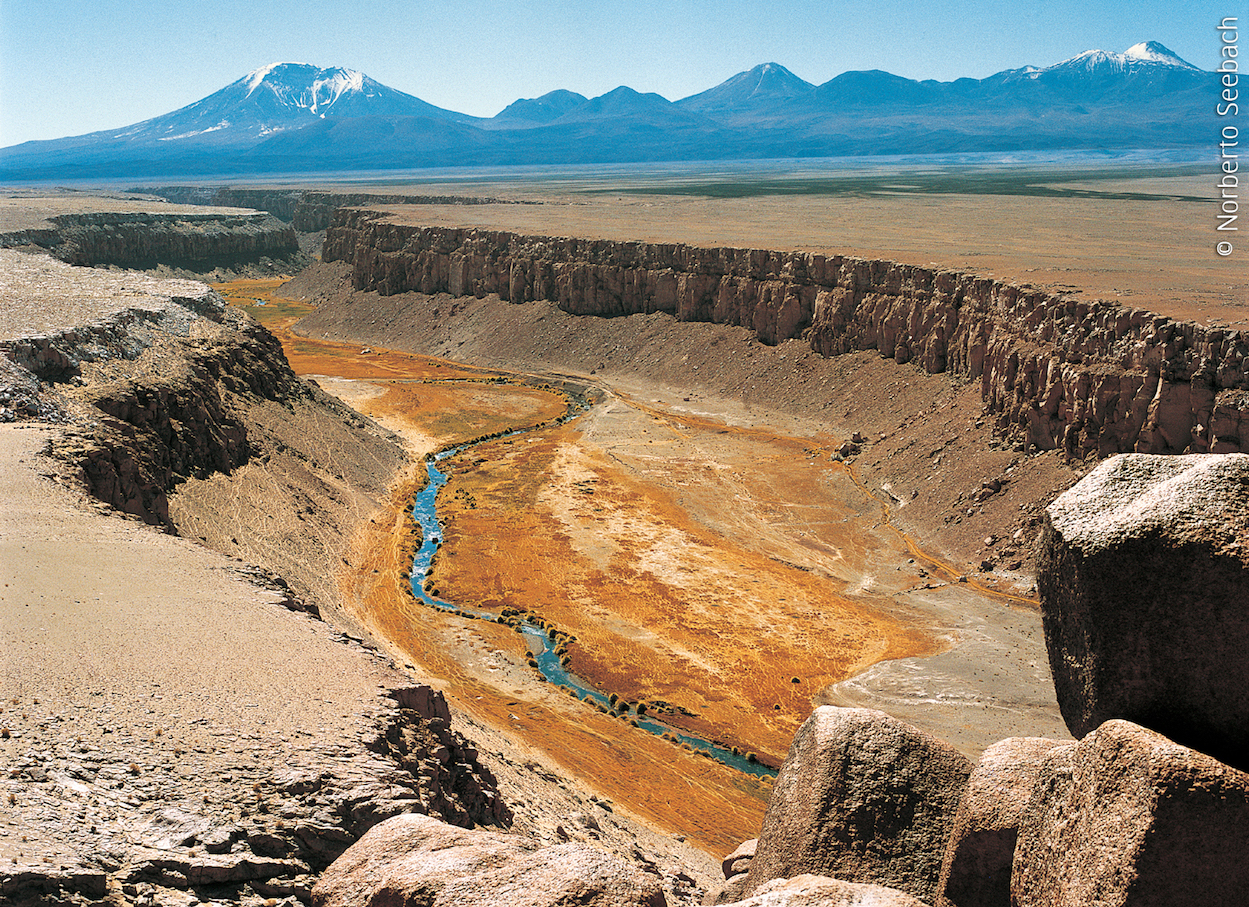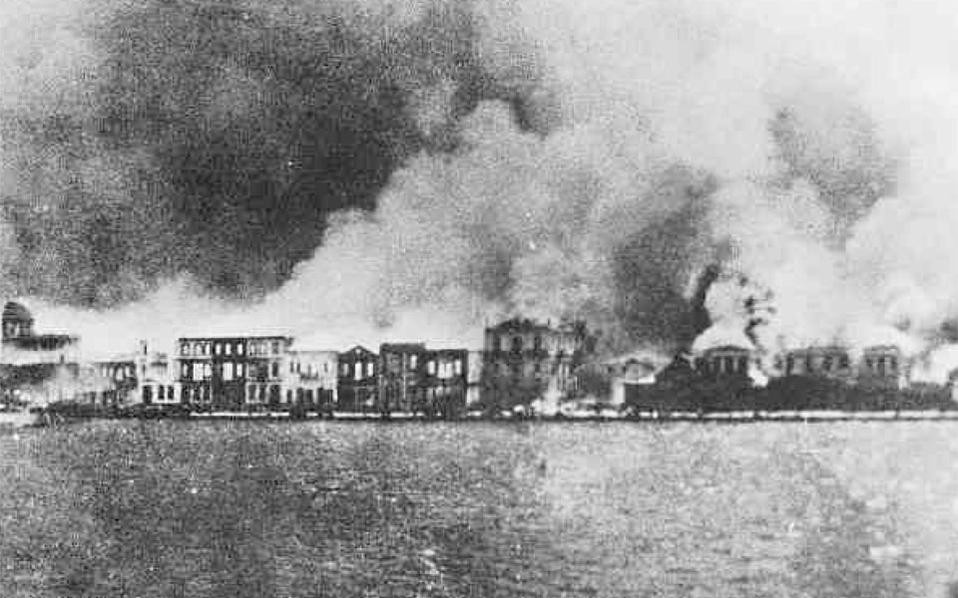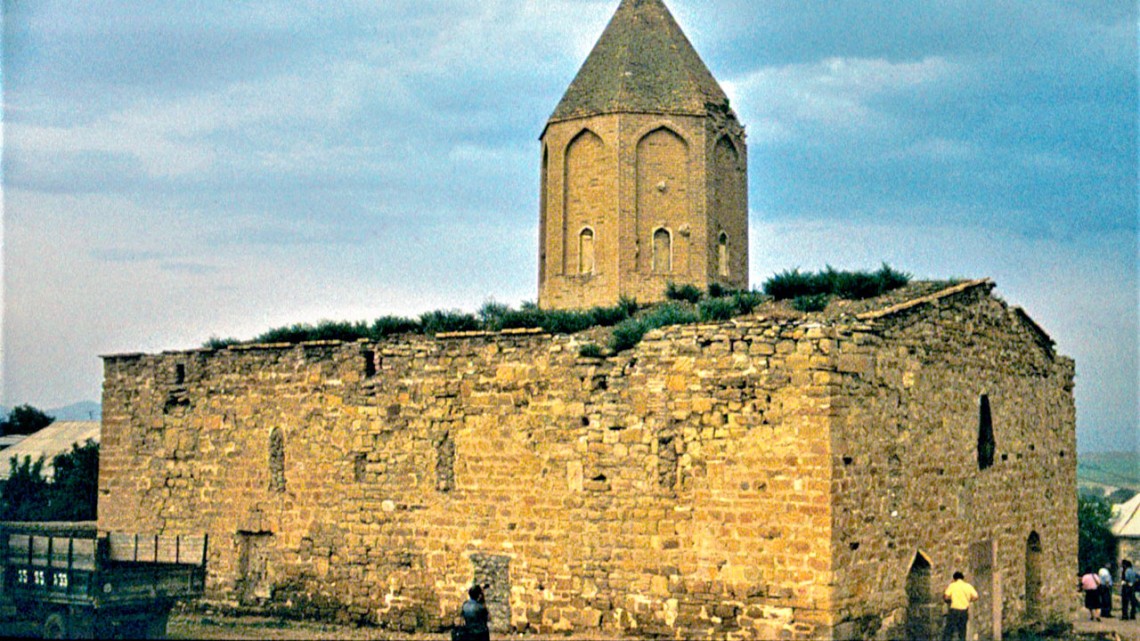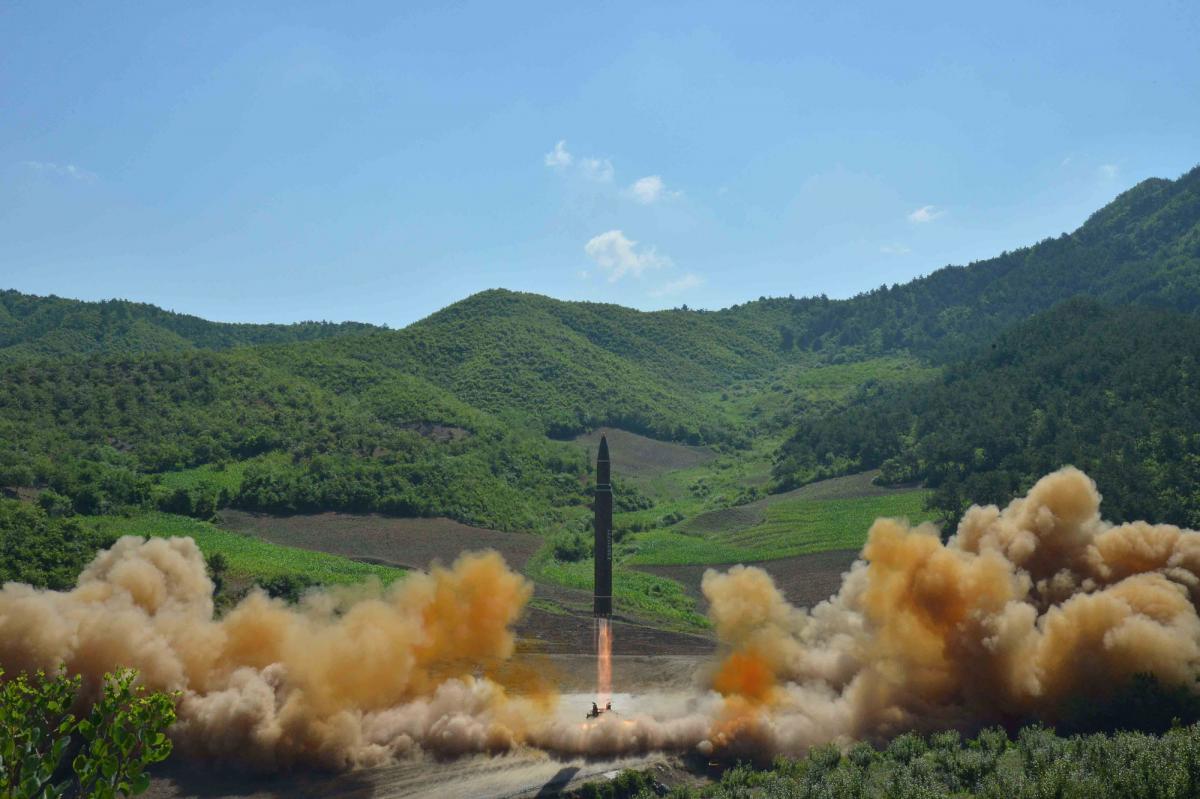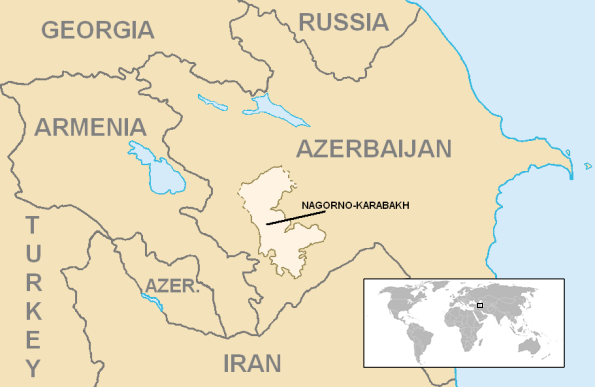
ICC petitioned to investigate new Armenian genocide
The California-based Center for Truth & Justice (CFTJ) published a report purporting that acts of genocide have been committed in the contested Nagorno-Karabakh region and Armenian border provinces, and calling upon the International Court of Justice to open an investigation. The CFTJ claims that Azerbaijani security forces have evicted ethnic Armenians from their native lands in these areas since the war of 2020, documenting instances of torture, arbitrary detentions and extrajudicial killings. (Map: Wikipedia)



